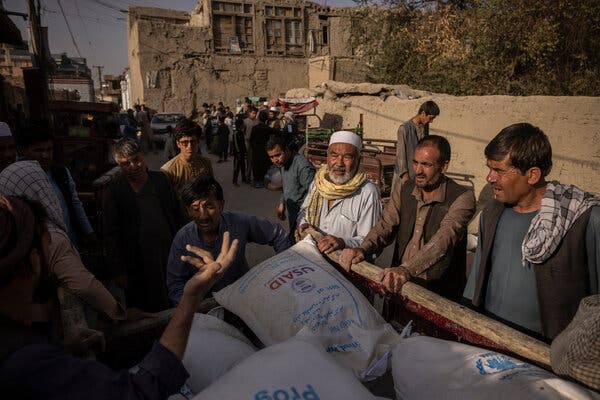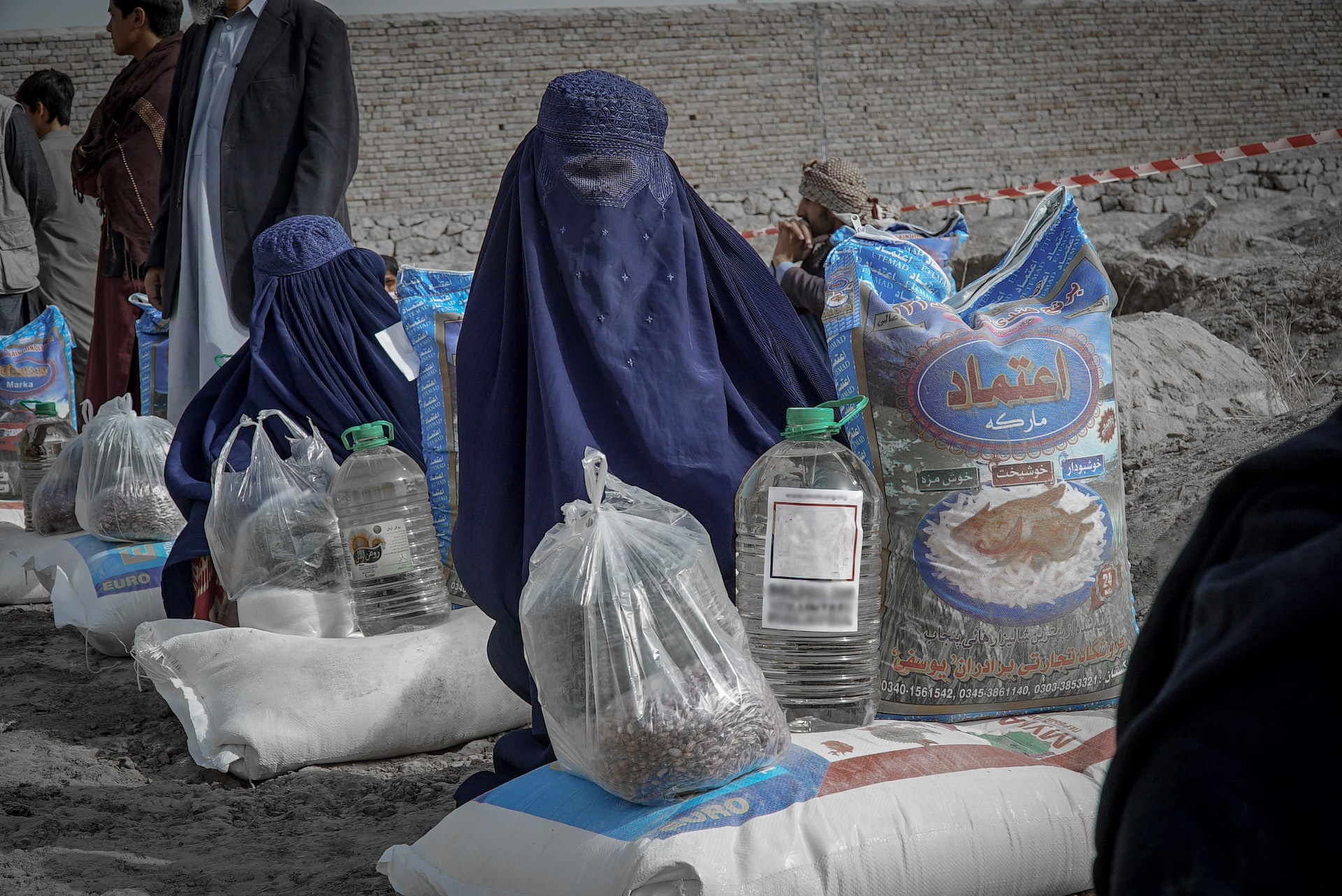Humanitarian access in Afghanistan saw a rise in November, with 164 incidents reported—marking a 56% increase from the previous month and an 11% rise compared to the same period last year, according to Amu citing the latest report from the UN Office for the Coordination of Humanitarian Affairs (OCHA).

The report attributes nearly all (99%) of these access constraints to actions by the Taliban. The Southern, Central Highlands, Western, and Central regions accounted for 67% of the incidents, severely impacting aid delivery in those areas. These challenges led to the temporary suspension of 72 humanitarian projects, the permanent halting of two initiatives, and the closure of one facility.
Interference in the implementation of humanitarian activities was the primary factor contributing to these access restrictions. A total of 145 incidents of interference were documented in November, up from 83 in the previous month. The types of interference included programming interference (60 incidents), requests for sensitive data (37 incidents), staff recruitment interference (16 incidents), restrictions on female humanitarian workers (10 incidents), procurement interference (9 incidents), prevention of women accessing goods and services (6 incidents), delays in signing agreements (4 incidents), interference in beneficiary selection (2 incidents), and aid confiscation (1 incident). As a result of these disruptions, 64 projects were temporarily suspended in November, with 50 of these remaining suspended into December.
Violence against humanitarian workers also surged by 37% in November. The report recorded 13 incidents of violence, up from 8 in October. These included six arrests or detentions of aid staff, two physical attacks, four threats, and the forced closure of two humanitarian facilities.

“These incidents have created a hazardous operational environment, jeopardizing the safety and security of humanitarian workers,” said OCHA.
Movement restrictions further hindered aid efforts, with five incidents reported in November. These included restrictions related to checkpoints, the requirement for female staff to have a male guardian (Mahram), and dress code enforcement. Additionally, the Taliban issued 124 directives in November that significantly impacted aid operations. These directives indicate increasing control over humanitarian organizations. Taliban leader Hibatullah Akhundzada recently stressed the need for tighter oversight of private and non-governmental organizations in a meeting in Kandahar.
The escalating access constraints and interference come amid Afghanistan's worsening humanitarian crisis, exacerbated by the Taliban’s isolation from international funding. Experts warn that growing restrictions and the lack of funding could further deepen the dire situation for millions of Afghans who rely on humanitarian aid for survival.
Follow Daryo's official Instagram and Twitter pages to keep current on world news.

Comments (0)